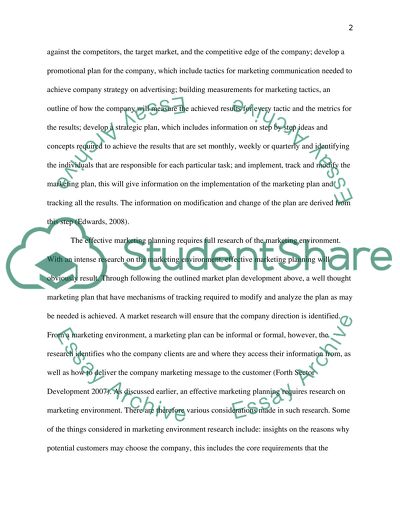Cite this document
(“Effective Marketing Planning Assignment Example | Topics and Well Written Essays - 2000 words”, n.d.)
Retrieved from https://studentshare.org/marketing/1470017-effective-marketing-planning
Retrieved from https://studentshare.org/marketing/1470017-effective-marketing-planning
(Effective Marketing Planning Assignment Example | Topics and Well Written Essays - 2000 Words)
https://studentshare.org/marketing/1470017-effective-marketing-planning.
https://studentshare.org/marketing/1470017-effective-marketing-planning.
“Effective Marketing Planning Assignment Example | Topics and Well Written Essays - 2000 Words”, n.d. https://studentshare.org/marketing/1470017-effective-marketing-planning.


